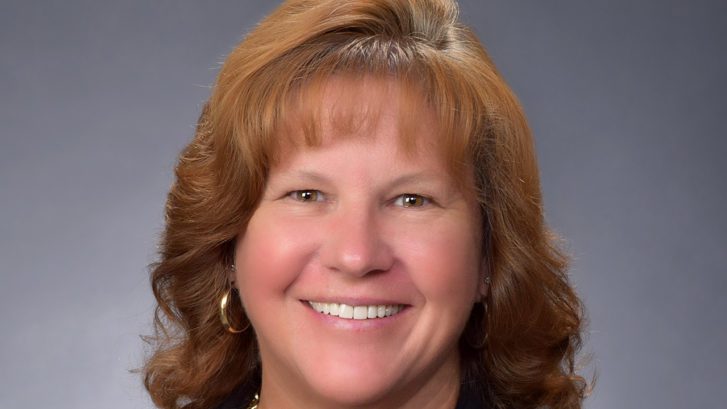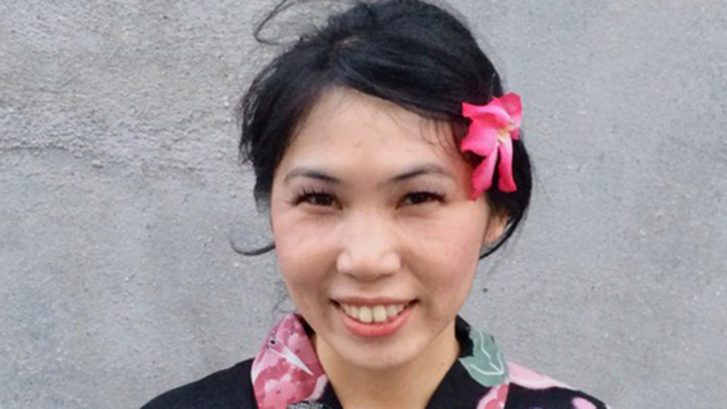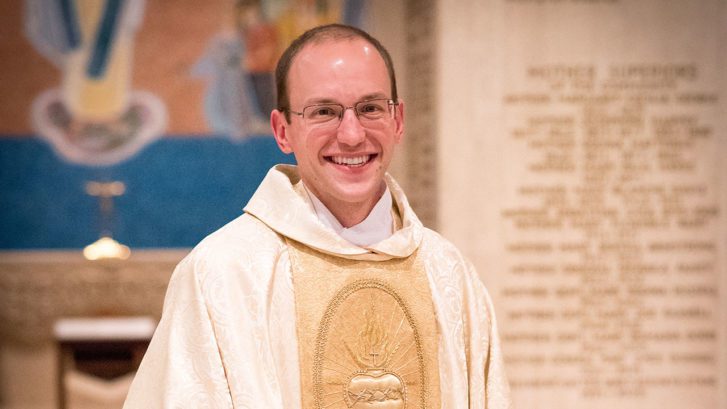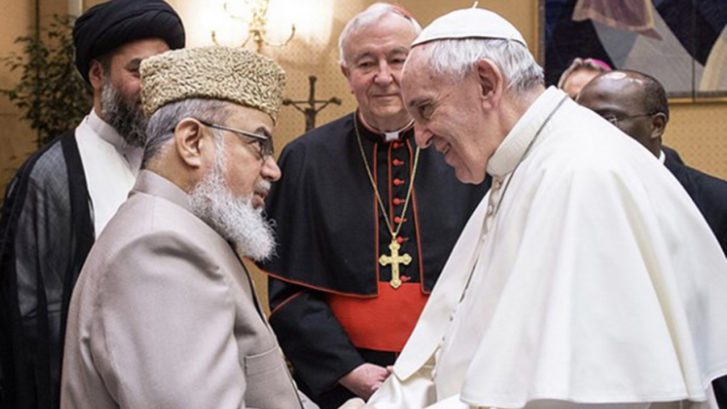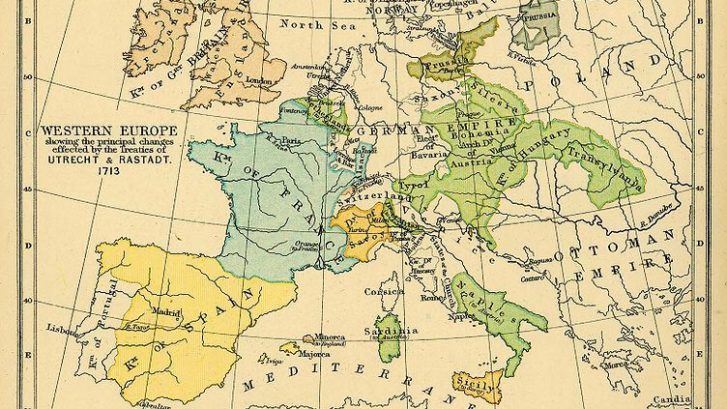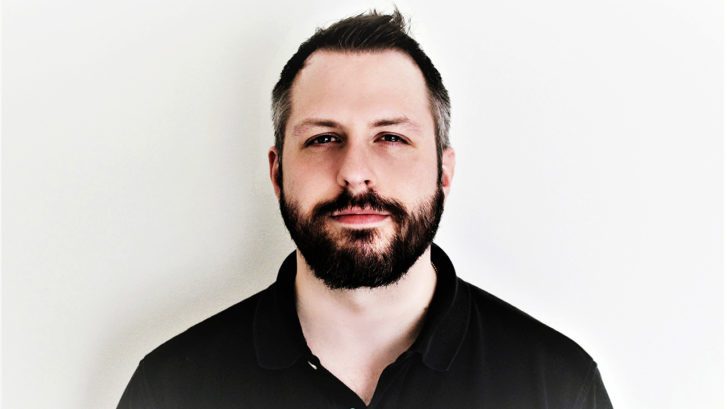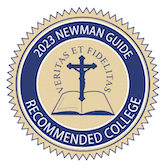Clarissa Hutcheson, MA
Clarissa (“Lissa”) Hutcheson recently earned her MA (Theology) with a concentration in Ecclesial Service. She currently works as the director of catechetical ministry at Mary, Star of the Sea Catholic Church in La Jolla, California. She serves as a Master Catechist and also teaches for the San Diego Diocesan Institute.“I am forever grateful to CDU for offering the gift of continuing my education in a format that allowed me to fully participate in my ordinary life of work, home and play,” Lissa says. “I only hope that I am able to share what I have received with whomever God send’s into my life.”After earning a BA degree in political science and history from the University of La Verne, California, Lissa participated in classes at the University San Diego while discerning a Master’s degree in history. But she developed an interest in theology after taking classes at the Diocesan Institute in San Diego. “Having received a certificate in catechetical ministry, I sought to know more,” she says.
After considering Boston College and the University of Dayton, where she had taken some online courses, she chose Catholic Distance University.
“The Holy Spirit led me to CDU,” Lissa says, and she remembers the day very clearly. “When I thought to apply, I just really had a sense that CDU was the place for me. The professors are at the top of their field of study, and working with students from around the world appealed to my nature.”
Through studying theology at CDU, Lissa says she has come to know the Trinity more profoundly and understands her call to evangelize in and through her daily living experience.
“I have gained a greater sense of belonging to a Catholic community, deeper knowledge and a renewal of mind, and a joyful encounter with Christ,” she says. Her education has fostered a passion to share the Catholic faith with others as well.
Lissa, who is a lay Dominican, finds peace and comfort in praying the Liturgy of the Hours. She has been married to her husband, Todd, for 33 years. Together, they have raised two beautiful daughters and are deeply in love with their three grandchildren and their sons in law.

